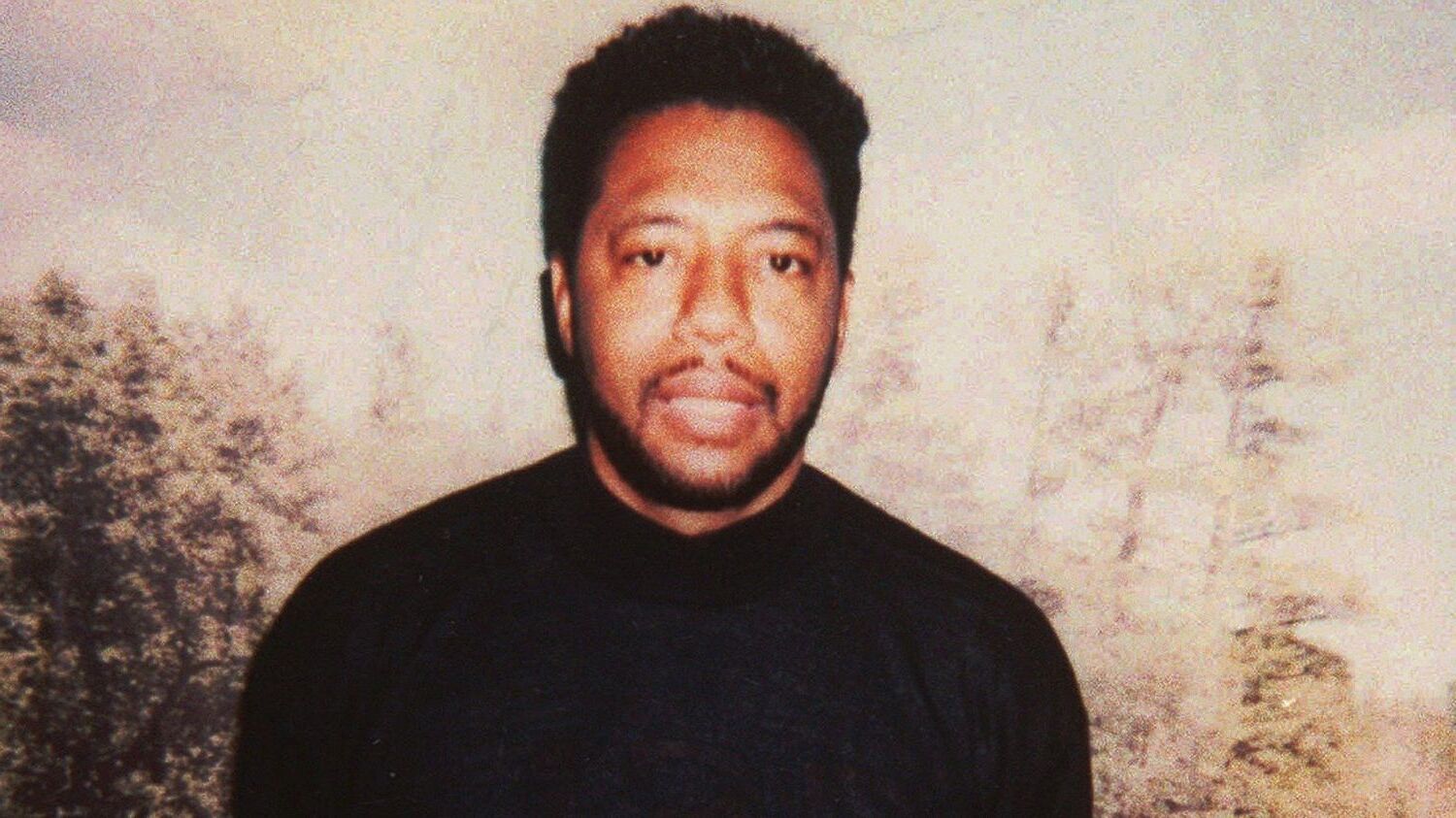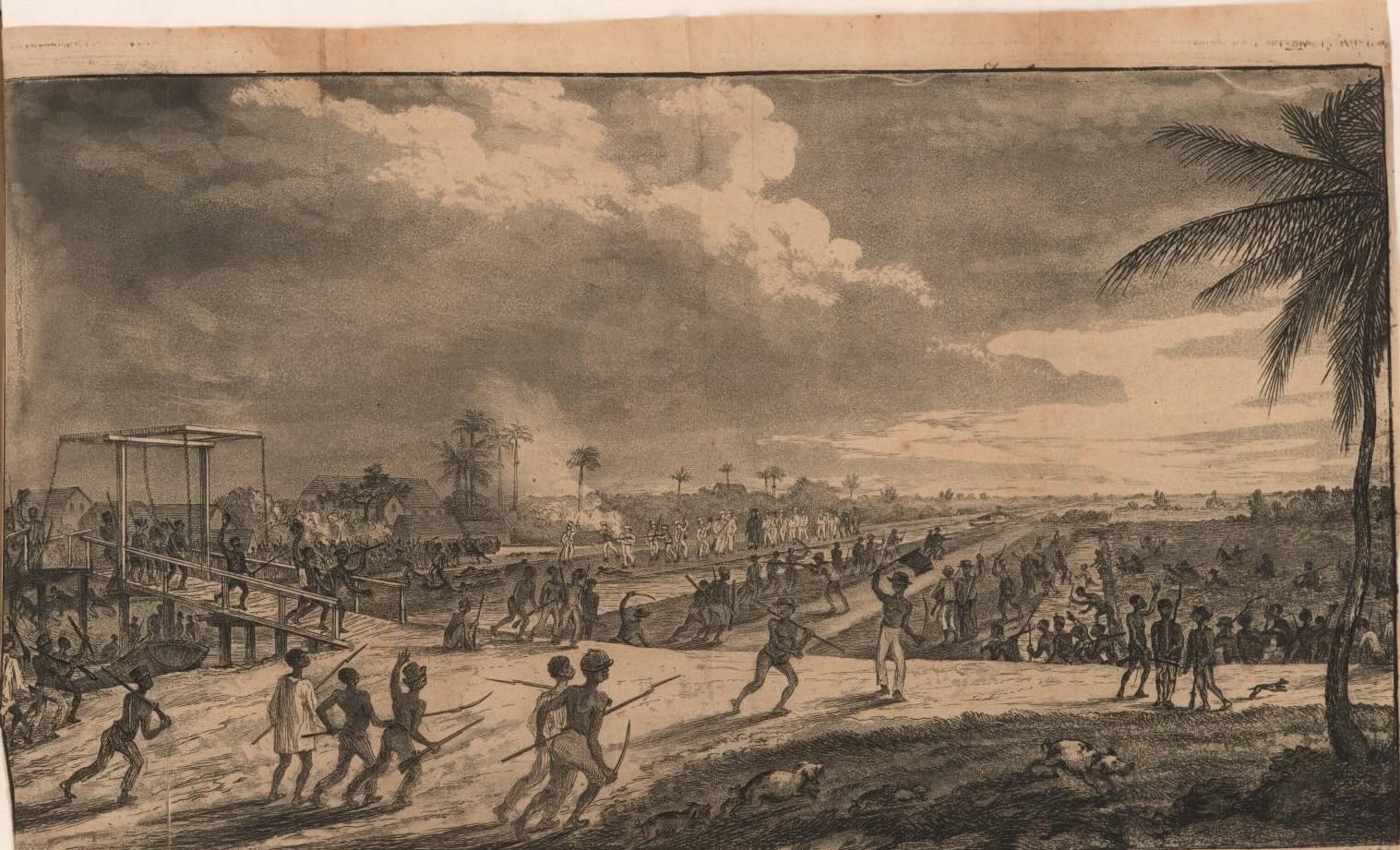
Who is Larry Hoover? Larry Hoover, a name that echoes through the streets of Chicago, is known for founding the Gangster Disciples, one of the most notorious gangs in the United States. Born in 1950, Hoover's life took a sharp turn towards crime at a young age. By 1973, he was convicted of murder and sentenced to 150-200 years in prison. Despite being incarcerated, Hoover continued to influence gang activities from behind bars. His story is a complex mix of crime, power, and attempts at reform. Why does Larry Hoover's story matter? Understanding his life offers insights into gang culture, criminal justice, and the challenges of rehabilitation.
Key Takeaways:
- Larry Hoover, a former gang leader, rose to power in Chicago's criminal world but was eventually arrested and continues to serve time in prison. His story reflects the complexities of the criminal justice system.
- Despite his controversial past, Larry Hoover's legacy continues to spark debates about his potential for reform and release. His impact on gang culture and popular culture remains significant.
Early Life of Larry Hoover
Larry Hoover's early years set the stage for his later life. Understanding his beginnings helps paint a clearer picture of his journey.
- Larry Hoover was born on November 30, 1950, in Jackson, Mississippi. His family moved to Chicago when he was just four years old.
- Growing up in Chicago's West Side, Hoover faced a challenging environment marked by poverty and crime.
- By the age of 12, Hoover had already joined a gang called the Supreme Gangsters, marking the start of his criminal activities.
- Hoover's nickname in the gang was "Prince Larry," reflecting his early influence and leadership skills.
Rise to Power
Larry Hoover's ascent in the criminal world was rapid and impactful. His leadership transformed the gang landscape in Chicago.
- In the late 1960s, Hoover merged the Supreme Gangsters with another gang, forming the Gangster Disciples.
- Hoover's strategic mind and leadership skills helped the Gangster Disciples grow in power and influence.
- Under Hoover's leadership, the Gangster Disciples became one of the largest and most organized gangs in Chicago.
- Hoover implemented a hierarchical structure within the gang, which helped maintain order and discipline among its members.
Criminal Activities and Arrest
Larry Hoover's criminal activities eventually led to his downfall. His arrest marked a significant turning point in his life.
- Hoover was first arrested in 1973 for the murder of William "Pooky" Young, a drug dealer.
- He was sentenced to 150-200 years in prison for his role in the murder.
- Despite being incarcerated, Hoover continued to run the Gangster Disciples from behind bars.
- Hoover's influence extended beyond the prison walls, with the gang's operations continuing to thrive under his leadership.
Influence and Legacy
Larry Hoover's impact on gang culture and the criminal world is undeniable. His legacy continues to be felt today.
- Hoover's leadership style and organizational skills have been studied by law enforcement and criminologists.
- The Gangster Disciples' structure and operations have influenced other gangs across the United States.
- Hoover's name has become synonymous with gang leadership and criminal enterprise.
- Despite his criminal activities, some view Hoover as a community leader who sought to bring order to chaotic environments.
Efforts for Reform
In recent years, there have been efforts to reform Larry Hoover's image and legacy. These efforts highlight the complexity of his character.
- Hoover has publicly denounced gang violence and called for peace among rival gangs.
- He has advocated for education and economic opportunities for young people in disadvantaged communities.
- Hoover's family and supporters have campaigned for his release, arguing that he has reformed and can contribute positively to society.
- In 2021, Kanye West and Drake held a benefit concert to raise awareness about Hoover's case and advocate for his release.
Cultural Impact
Larry Hoover's story has permeated popular culture, influencing music, movies, and literature.
- Hoover has been referenced in numerous rap songs by artists like Kanye West, Rick Ross, and Meek Mill.
- His life and legacy have been the subject of documentaries and books.
- The Gangster Disciples' symbols and slogans have appeared in various forms of media, reflecting their cultural impact.
- Hoover's story continues to captivate the public, serving as a cautionary tale about the allure and dangers of gang life.
Legal Battles and Current Status
Larry Hoover's legal battles have been long and complex. His current status remains a topic of interest and debate.
- Hoover has filed multiple appeals over the years, seeking to overturn his conviction and reduce his sentence.
- In 1997, Hoover was convicted on federal charges of drug conspiracy, extortion, and continuing to engage in a criminal enterprise, adding life sentences to his existing term.
- Hoover is currently serving his sentence at the ADX Florence supermax prison in Colorado, one of the most secure prisons in the United States.
- Despite his incarceration, Hoover remains a figure of significant influence and controversy.
Personal Life
Larry Hoover's personal life offers a glimpse into the man behind the criminal persona.
- Hoover has six children, including Larry Hoover Jr., who has been an advocate for his father's release.
- His family has remained supportive throughout his legal battles and incarceration.
- Hoover has expressed regret for his past actions and the impact they had on his family and community.
- He has sought to use his experiences to educate others about the consequences of gang life.
Public Perception
Public perception of Larry Hoover is divided, reflecting the complexity of his character and legacy.
- Some view Hoover as a ruthless gang leader responsible for significant violence and crime.
- Others see him as a reformed individual who has the potential to contribute positively to society.
- Hoover's supporters argue that his long incarceration is unjust and that he deserves a second chance.
- Critics maintain that Hoover's crimes warrant his continued imprisonment and that his influence remains a threat.
Future Prospects
The future of Larry Hoover's case remains uncertain, with ongoing debates about his potential release and impact.
- Legal experts continue to analyze Hoover's case, considering the possibility of clemency or sentence reduction.
- Hoover's story serves as a reminder of the complexities of criminal justice and the potential for redemption and reform.
Final Thoughts on Larry Hoover
Larry Hoover's life is a complex mix of crime, influence, and controversy. As the leader of the Gangster Disciples, he wielded significant power in Chicago's underworld. Despite his criminal activities, some view him as a community leader who tried to bring positive change. His story highlights the blurred lines between crime and community activism. Hoover's long prison sentence reflects the justice system's stance on gang leadership and organized crime. Understanding his life offers insights into the challenges of urban America and the ongoing struggle between law enforcement and gang culture. Whether seen as a villain or a misunderstood figure, Hoover's impact on society remains undeniable. His legacy continues to spark debate and reflection on the complexities of crime, punishment, and redemption.
Frequently Asked Questions
Was this page helpful?
Our commitment to delivering trustworthy and engaging content is at the heart of what we do. Each fact on our site is contributed by real users like you, bringing a wealth of diverse insights and information. To ensure the highest standards of accuracy and reliability, our dedicated editors meticulously review each submission. This process guarantees that the facts we share are not only fascinating but also credible. Trust in our commitment to quality and authenticity as you explore and learn with us.


